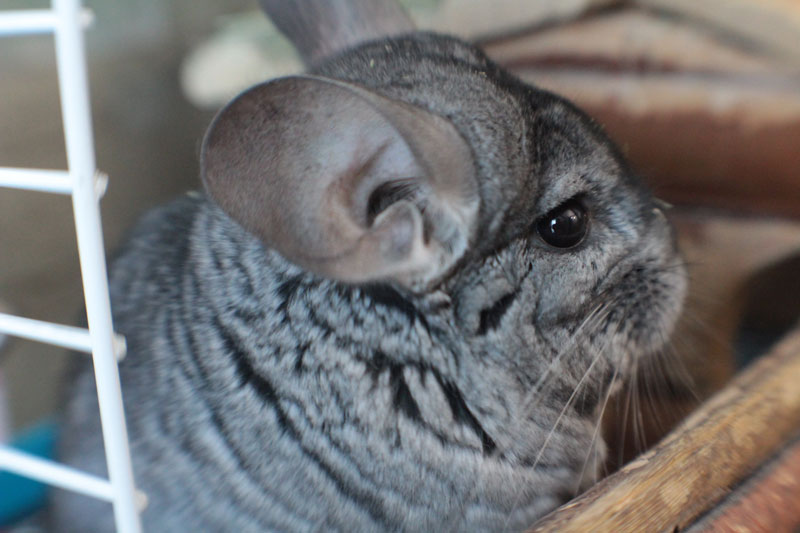Hey Pet Parents & Pet Lovers,
Continuing on from the post of how long Dwarf Hamsters live, and how long Betta Fish live, I decided to do some digging to see how long Chinchillas live for, especially now that we have the adorable Gary in our household!
Short Answer
In the wild Chinchillas live about 8-10 years, however, in captivity they live between 15-20 years. (Which is a bit of a relief for us, since Gary is about 10+ right now, so we still have a good amount of time to pamper the cutie!)
So why don’t they live as long in the wild?
There are a few reasons Chinchillas don’t live as long in the wild. The first reason being the fact that they are prey for larger animals such as owls, foxes, wild cats and other birds of prey. The next two are pretty devastating to me.
One of the main reason is that Chinchilla fur is widely used for coats and other “human pleasures.” And finally, a huge element for their endangerment has been the disruption of their natural habitats when developing land.
Unfortunately, both of these reasons have made Chinchillas greatly endangered, which is a fact that surprised me because I’ve never heard about their endangerment.
What are some reasons they live longer in captivity?
Well, a main reason is because they don’t have to deal with the hardships of looking for food and weather in captivity. While Chinchillas are pretty hardy animals, they do get dehydrated pretty easily, and can’t live in higher temperatures.
How can you make sure your Chinchilla has a long and healthy life?
Nutrition is the most important factor for a happy and healthy Chinchilla. You want to make sure that you are buying them a good quality pellet food that does not contain fillers such as nuts, dried fruit, corn, seeds and other morsels.
Chinchillas are also timothy hay addicts! So make sure their cage is always filled. (In the week that I’ve had Gary, it has blown my mind how much hay he actually eats. I have to fill his cage at least 3 times a day, and I’m not even giving him small amounts!)
Chinchillas, similar to hamsters, need lots of exercise and toys to chew on to grind their teeth (as most small mammals’ teeth never stop growing.)
Make sure you’re cleaning their cage at least once a week, make them a cozy bed, and if your cage is big enough it’s a great option to get two chinchillas (if they are of the opposite sex, you will want to consider neutering the male).

Be ready for a long life!
A lot of times when people choose to adopt small mammals they expect shorter lifespans if you are choosing to adopt a Chinchilla be prepared to have him for about 20 years. Chinchillas are a big commitment, and the decision to adopt them should not be taken lightly.
Common Reasons for Death
Cleaning Products/Strong Aromas
Chinchillas are fairly sensitive and the smells of perfumes and heavy cleaners can make them very ill. When cleaning a Chinchilla cage think about using a pet specific unscented cleaner, and make sure you’re not using heavy scented cleaners in the room nearby.
Weight Loss
Unfortunately, similar to most pets sometimes your little one will stop eating and will drastically lose weight. The main issue with this is, you won’t be able to tell that a Chinchilla is losing weight because they are covered with so much fur! This has one of the leading causes of death and it is often too late before the owner can do anything.
Dental Problems
This is the leading cause of death and one of the main reasons Chinchillas choose not to eat. Due to the fact that Chinchillas’ teeth never stop growing, if their teeth grow too large it will make it incredibly difficult for them to eat, can cause infection/oral damage and the pain/infection may lead to death. It is very important that you are doing whatever you can to keep your little one’s teeth in check!
